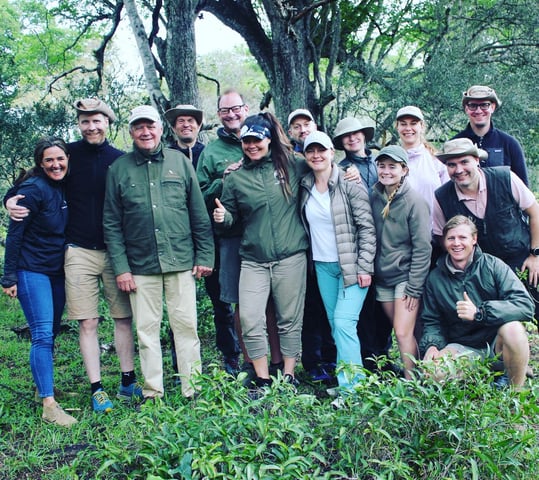A recent study by Dr. Susan Rose and Nicola J. Patterson highlights midlife as a time of growth and purpose for female leaders, with developmental coaching offering valuable support for navigating this critical phase.
Leaders tend to emerge in the mid to late career stage which usually coincides with midlife. During this time, women often find themselves at the intersection of professional responsibilities and the personal transitions associated with midlife. While this period is challenging for all, it presents unique hurdles for women.
Commonly considered to be between 40-60 years old, midlife is a critical developmental transition. The menopause introduces hormonal shifts that can lead to multiple associated symptoms including poor concentration and low confidence, commonly reported as problematic for women in the workplace and which can affect professional performance.
The so-called ‘sandwich generation’ phenomenon further complicates midlife, with women juggling responsibilities for both young and old family members.
Yet throughout this challenging time, workplace adjustments are often underused, contributing to a significant number of women leaving their jobs.
With our recent study, we set out to improve our understanding of women’s experiences as senior leaders during midlife and explore the potential of developmental coaching as a supportive tool at this career stage.
Interviews were conducted with senior female leaders aged 45+ and based in the UK. All participants held significant senior positions including VPs and C-suite roles across a range of organisations.
Midlife can be a time of meaning and purpose
Despite its difficulties, our findings challenge the existing narratives of midlife as a period of female decline. Our study showed that midlife for female leaders, particularly the older aged, can be experienced as a period of enormous opportunity, associated with increased confidence and sense of identity as a leader. It can be a time of increased productivity and a time to optimise careers.
Participants frequently described how both families and work provide a sense of meaning and purpose. They emphasised the importance of their work to themselves and in its contribution to others, such as mentor and role model to other women – described as something that enables them to ‘give back’ and inspire future generations of female leaders.
Our midlife senior leaders increasingly talked about influencing culture in organisations in meaningful ways such as female development programmes, EDI in the workplace and actively encouraging more gender equitable policies and practices that positively influence the experience of working within organisations for everyone.
Nevertheless, participants acknowledged that women still have a much tougher time than their male counterparts when developing their careers in today’s organisations.
Developmental coaching as a support tool
Little is known about women’s experiences of leadership during the midlife years and our study set out to shine a light on this transitional period, exploring how developmental coaching can provide support.
We found that a ‘readiness for coaching’ is a prerequisite and influences both the quality and effectiveness. Coaching of midlife senior women requires an advanced level of coach maturity and experience and it’s important for senior female leaders to select an appropriate coach who they can connect deeply with. These leaders seem to prefer longer term coaching relationships, with periodic coaching as issues arise.
A coaching process that focuses on the development of the person as a leader, rather than on their skills or performance, is most appropriate given the critical career stage of the female leader.
And perhaps most significantly, developmental coaching can provide senior female leaders with an unencumbered space to reflect on their development as leaders, and the interplay of their professional and personal life during the busyness of the midlife years.
Creating space to think appears to be more important and valued by senior female leaders than the use of any particular coaching tools or techniques.








